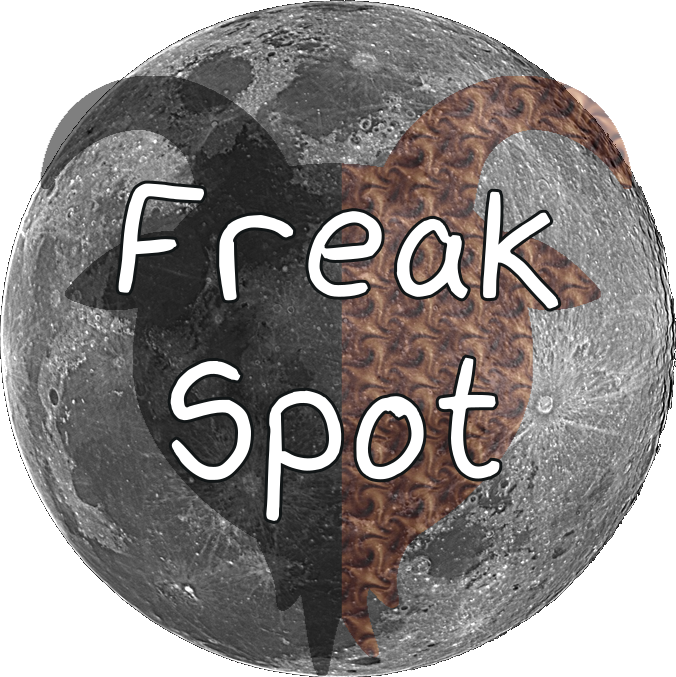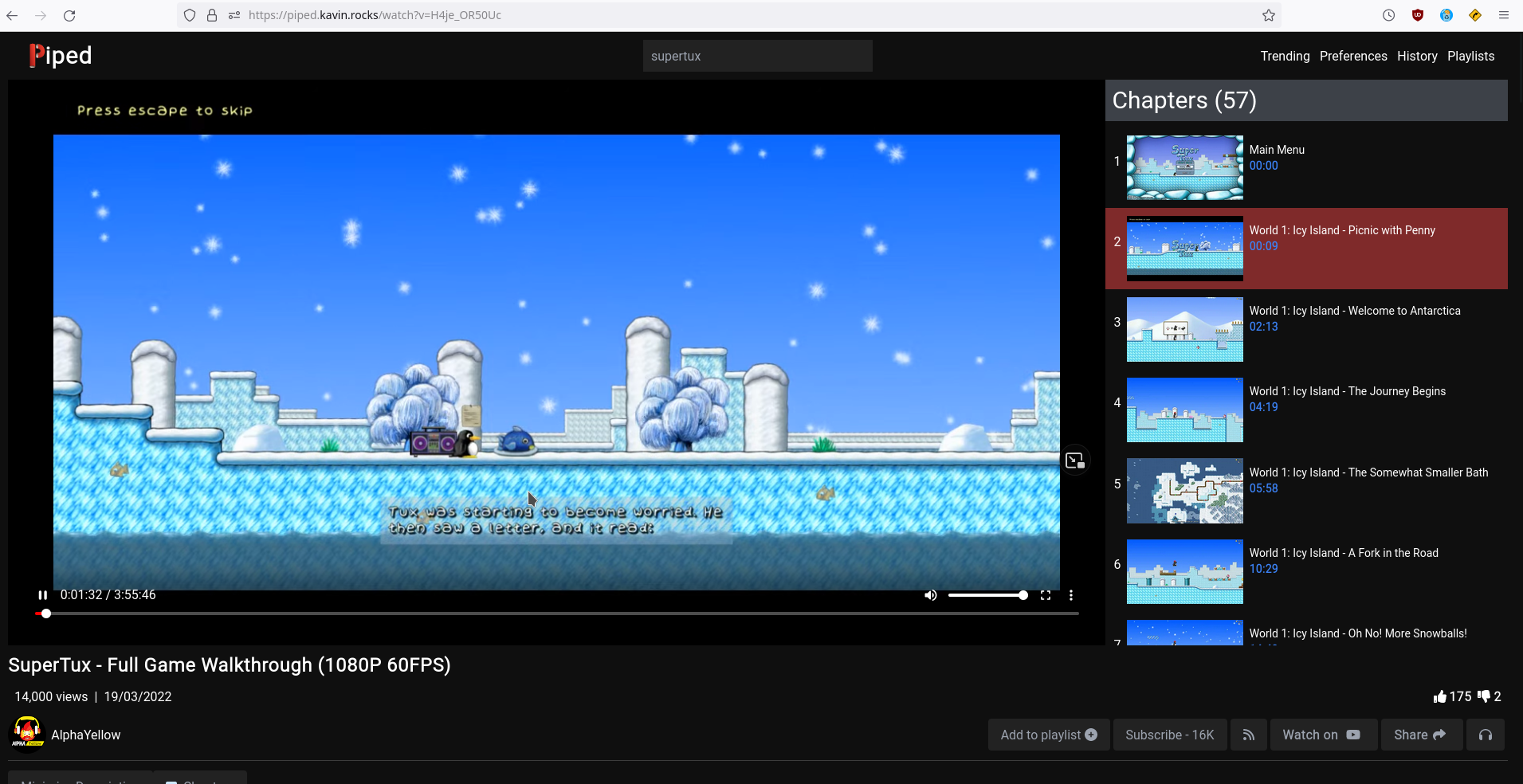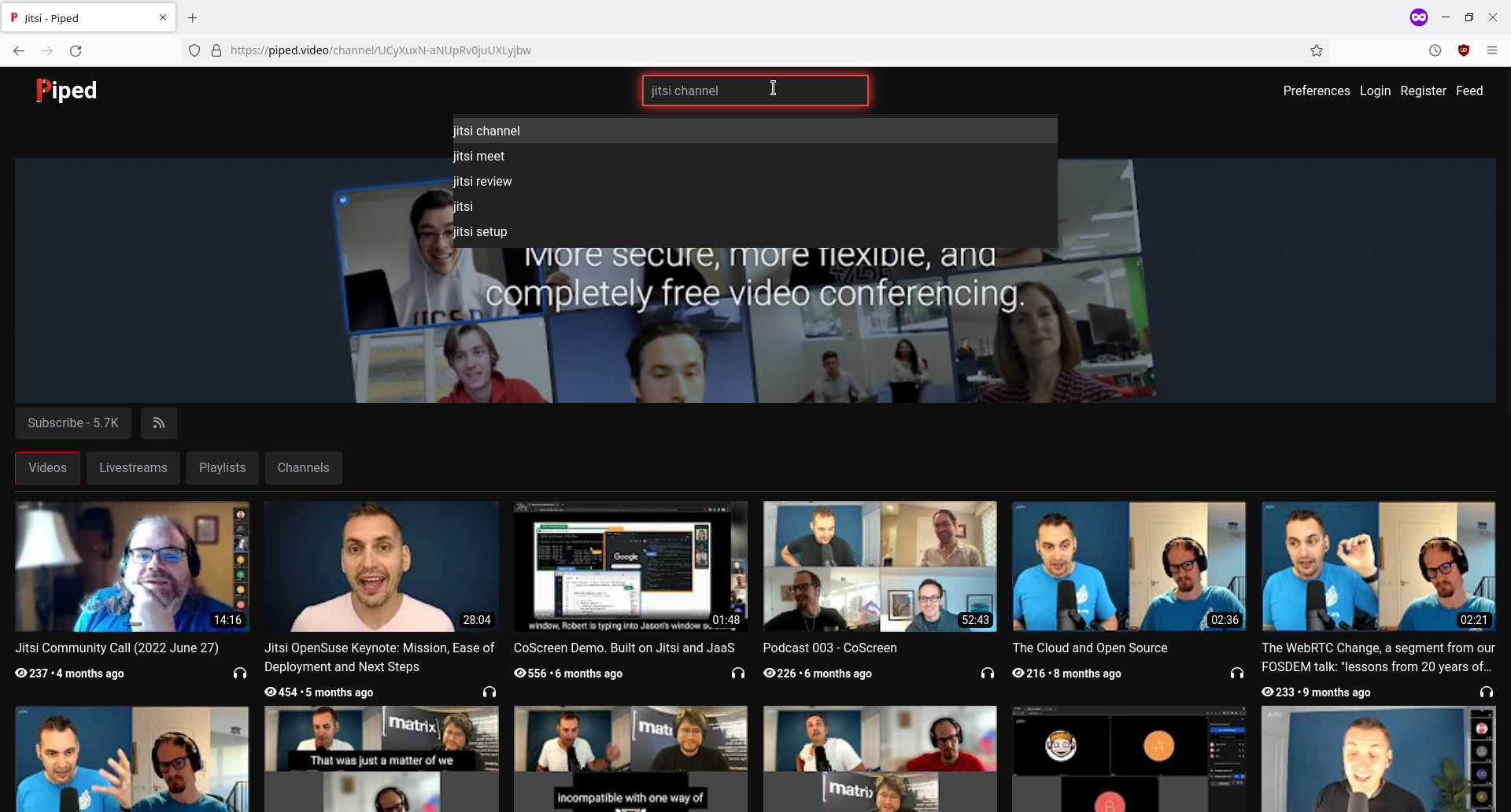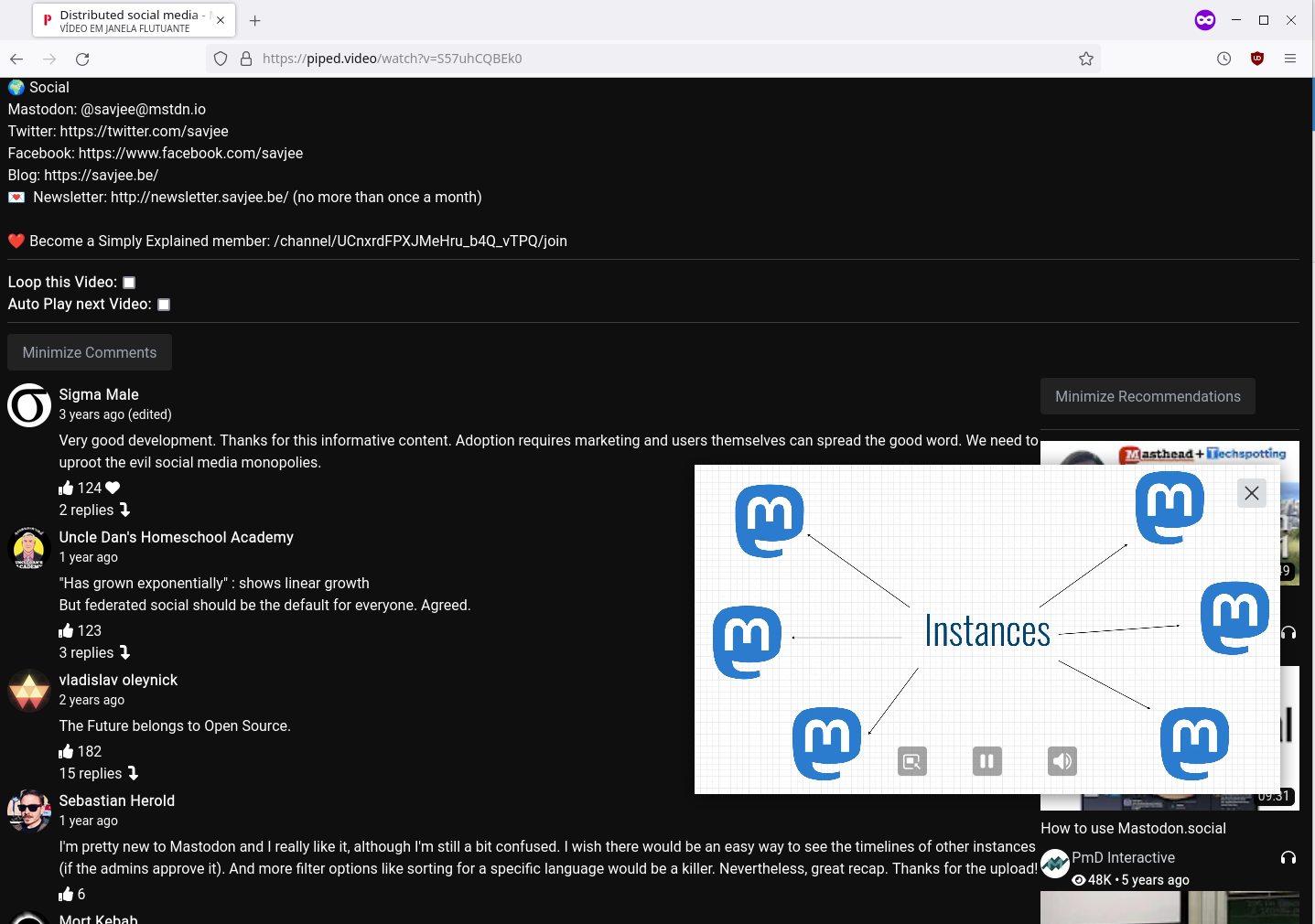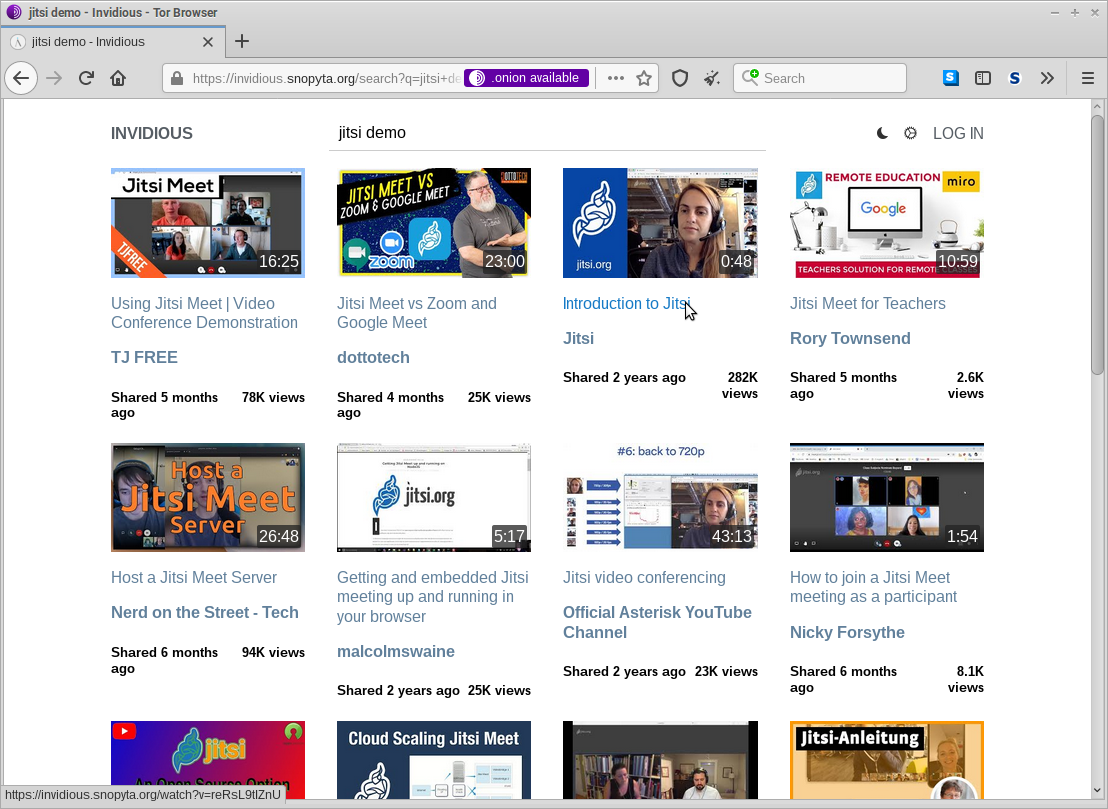Many people give a personal explanation as to why they do or do not protect their privacy. Those who don't care much are heard to say that they have nothing to hide. Those who do care do so to protect themselves from unscrupulous companies, repressive states, etc. In both positions it is often wrongly assumed that privacy is a personal matter, and it is not.
Privacy is both an individual and a public matter. Data collected by large companies and governments is rarely used on an individual basis. We can understand privacy as a right of the individual in relation to the community, as Edward Snowden says:
Arguing that you don't care about the right to privacy because you have nothing to hide is no different than saying you don't care about free speech because you have nothing to say.
Your data can be used for good or bad. Data collected unnecessarily and without permission is often used for bad.
States and big tech companies blatantly violate our privacy. Many people tacitly acquiesce by arguing that nothing can be done to change it: companies have too much power and governments won't do anything to change things. And, certainly, those people are used to giving power to companies that make money from their data and are thus telling states that they are not going to be a thorn in their side when they want to implement mass surveillance policies. In the end, it harms the privacy of those who care.
Collective action starts with the individual. Each person should reflect on whether they are giving out data about themselves that they should not, whether they are encouraging the growth of anti-privacy companies and, most importantly, whether they are compromising the privacy of those close to them. The best way to protect private information is not to give it out. With an awareness of the problem, privacy projects can be supported.
Personal data is very valuable — so much so that some call it the “new oil” — not only because it can be sold to third parties, but also because it gives power to those who hold it. When we give it to governments, we give them the power to control us. When we give them to companies, we are giving them power to influence our behaviour. Ultimately, privacy matters because it helps us preserve the power we have over our lives that they are so intent on taking away. I'm not going to give away or sell my data, are you?
